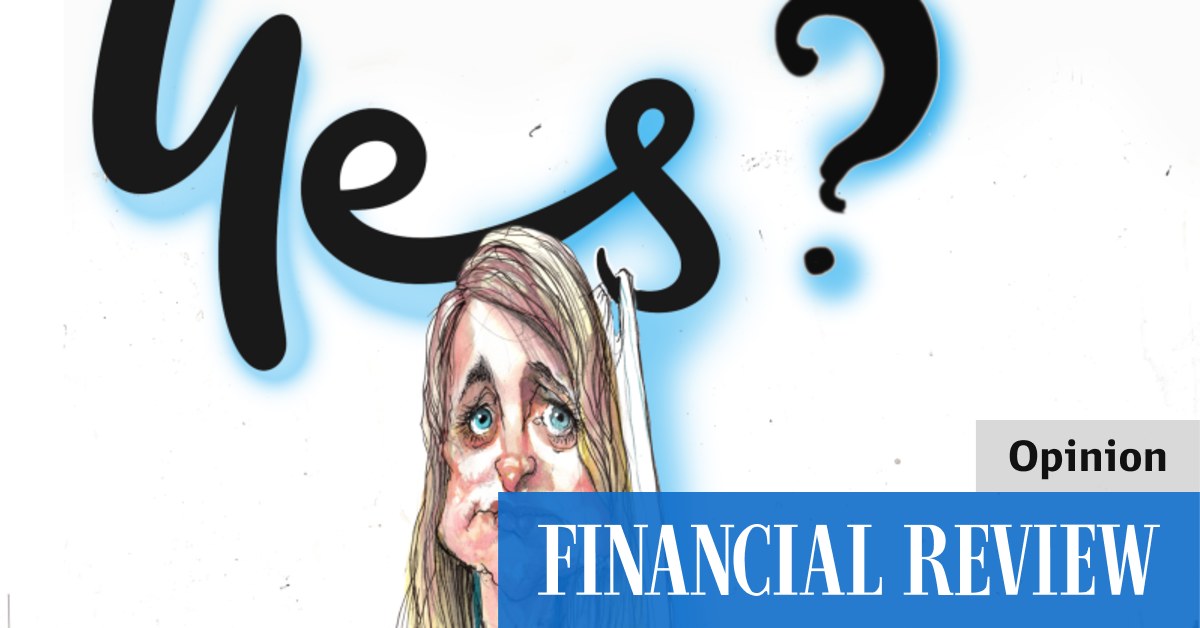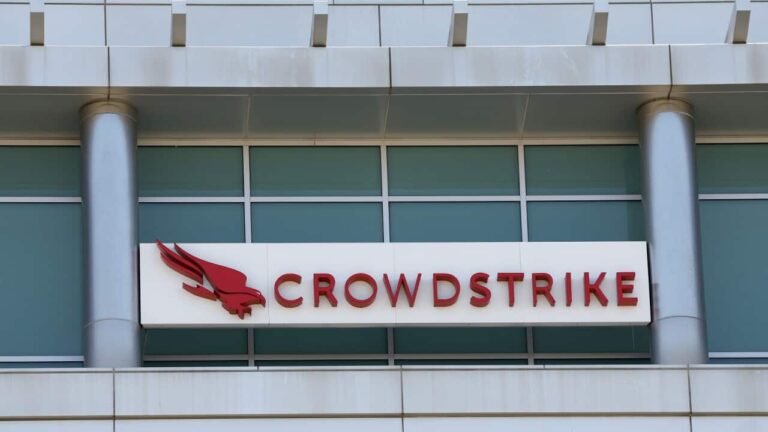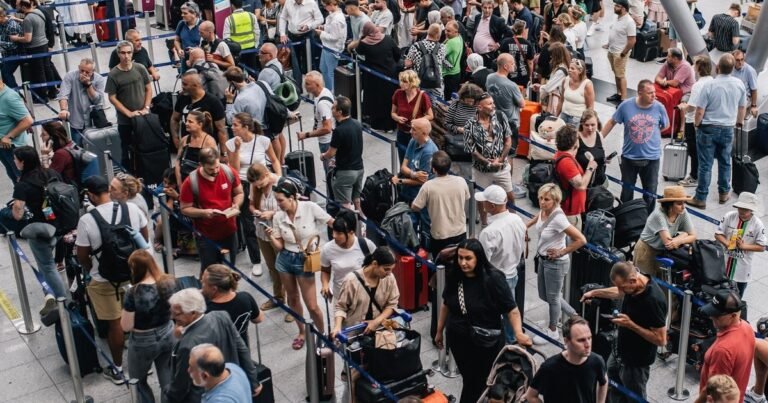The reality is that the public expects both. Optus had already worn out too much goodwill in the hack of customer details in September last year to regard this simply as a technology problem. The silences on November 8 encouraged suspicions that the company had not done enough to improve risk management even after being stunned by a high-profile hack.
Optus told the Senate inquiry that it had not planned for – or even imagined – a complete network failure, before clarifying that it had war-gamed catastrophic events. Ms Bayer Rosmarin insisted there was no problem with Optus communications, just that “customers wanted a different message”, which bordered on satirical.
Toughing it out again
It might have come down to a characteristic belief by the strong-minded Ms Bayer Rosmarin that she could tough things out a second time, combined with an element of reverse culture shock for the Singaporean owners of Optus.
Big corporate types in Singapore don’t get hauled into the theatre of Senate inquiries to answer awkward questions from opposition politicians, or ambushed by government ministers keen to throw blame elsewhere. Accountability in the city-state is more private than it is in Australia. Optus does not have a local board to give it broader governance representation here, which should perhaps now change.
Yet it also raised the question of how many other operators of critical infrastructure will have to front Senate inquiries in short order if summer or winter blackouts start to become a reality. The electricity generators, the numerous industry regulators, the market operator, and governments have all warned that the energy system is under great strain. But any Optus-style system failures in the power grid would partly be a political failure.
The issue crystallises in the question of compensation. Without electricity, for example, swaths of the economy might stop, leading to enormous claims if providers are obliged to pay for business blackout losses.
Knee-jerk calls from government ministers that business users must be compensated for relatively token amounts would just be another gateway for class action suits. Circling lawyers are more likely to encourage companies to be circumspect and hesitant than candid while trying to figure out what has gone wrong.
That may be one reason why Optus has not released the Deloitte report into its hack, as the Financial Review has urged it to do. That might help clear up the claims made in September last year by Home Affairs Minister Clare O’Neil, but rejected by Ms Bayer Rosmarin, that the Optus hacker came in through a proverbial open back door.










